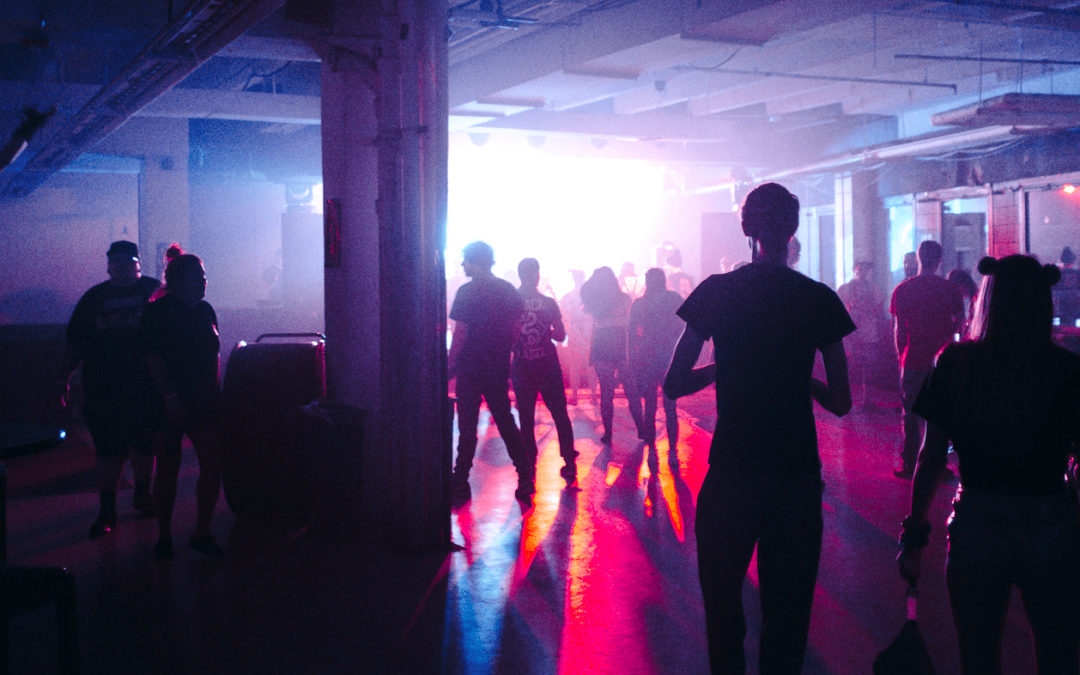For the first time in its 10-year history, the International Music Summit‘s annual IMS Business Report was presented over a July 16th, 2020 Zoom webinar. That and a handful of other format changes could largely be attributed to COVID-19. More importantly, the report projects that the coronavirus pandemic will be responsible for a $4 billion contraction in the electronic music industry.
As always, economist Kevin Watson examined last year’s dance music trends using figures from the recording, live music, streaming, gear and software markets. Given this year’s trials, the report also included a section devoted to 2020 thus far.
After Watson finished presenting, Billboard Dance Director Katie Bain moderated a discussion on current affairs. Ultra Music Owner Patrick Moxey, Creative Artists Agency Senior Agent Maria May, Ministry of Sound Recordings President Dipesh Parmer, and CREATESAFE CEO Daouda Leonard were the panelists.
2019 Rebound
Watson estimated the total electronic music industry value to have grown from $7.2 billion to $7.3 billion (2%) from 2018-2019. The upward trend follows two consecutive years of reports estimating a year-over-year contraction of the same rate.
Contributing to the figure were total earnings of the 10 highest-paid DJs, up 4% from 2018 at $273 million (according to Forbes). Also factored in was the dance/electronic’s 3% increase in total U.S. volume due to the genre over-indexing on streaming (90% in 2018 per Nielsen Corporation).
The turnarounds of brands like SoundCloud and Beatport merited a mention as well. Both have significantly increased subscription numbers by rolling out new software and hardware integrations.
2020 Crash
This year’s festival collapse, ongoing nightlife restrictions, as well as economic ripples from entertainment-adjacent sectors caused Watson to share a comparatively bleak outlook for 2020. He projects the industry will contract from $7.3 billion to $3.3 billion (56%) from 2019-2020.
Live music – which accounts for the majority of dance music’s total market value – is projected to fall from $4.4 billion to $1.1 billion (75%) per Goldman Sachs. Citing data from Sick Festivals and Skiddle, Watson said that 342 electronic festivals had been canceled as of April 20th and over 4,000 other events were postponed or called off. Hardware and software are also expected to fall from $.9 billion to $.7 billion (25%) from 2019-2020.
The pandemic has brought with it a silver lining for live stream events, small as it may be. According to the report, seven of the top ten Twitch streamers were electronic focused, and digital events like Beatport’s ReConnect and Defected Virtual Festival collectively raised hundreds of millions of dollars for charity. Electronic music streaming is also projected to grow from $1 billion to $1.1 billion (10%) from 2019-2020.
Industry Panel
A first-ever panel discussion between key figures in the electronic music industry followed Watson’s presentation. Between the COVID-19 crisis and renewed attention to racial injustice in the wake of Black Lives Matter protests, current events influenced much of their dialogue.
Moxey touched on the continued growth of streaming and how dance music’s intermittent mainstream breakthroughs each trigger an underground resurgence. May discussed the influx of DJ live streams amid the pandemic, emphasizing the necessity for performers to find innovative ways to stand out.
For his part, Leonard brought up South Africa as an undervalued growth market – specifically how industry professionals in the west have overlooked the fast-growing Amapiano genre. With roots going back to 2012, the style offers a radio-friendly fusion of house and jazz distinct from the techno/house championed by South African artists like Black Coffee.
International Music Summit will release the 2020 IMS Business Report in the days to follow. The presentations from previous years can be found here.
Image credit: James Chapman

